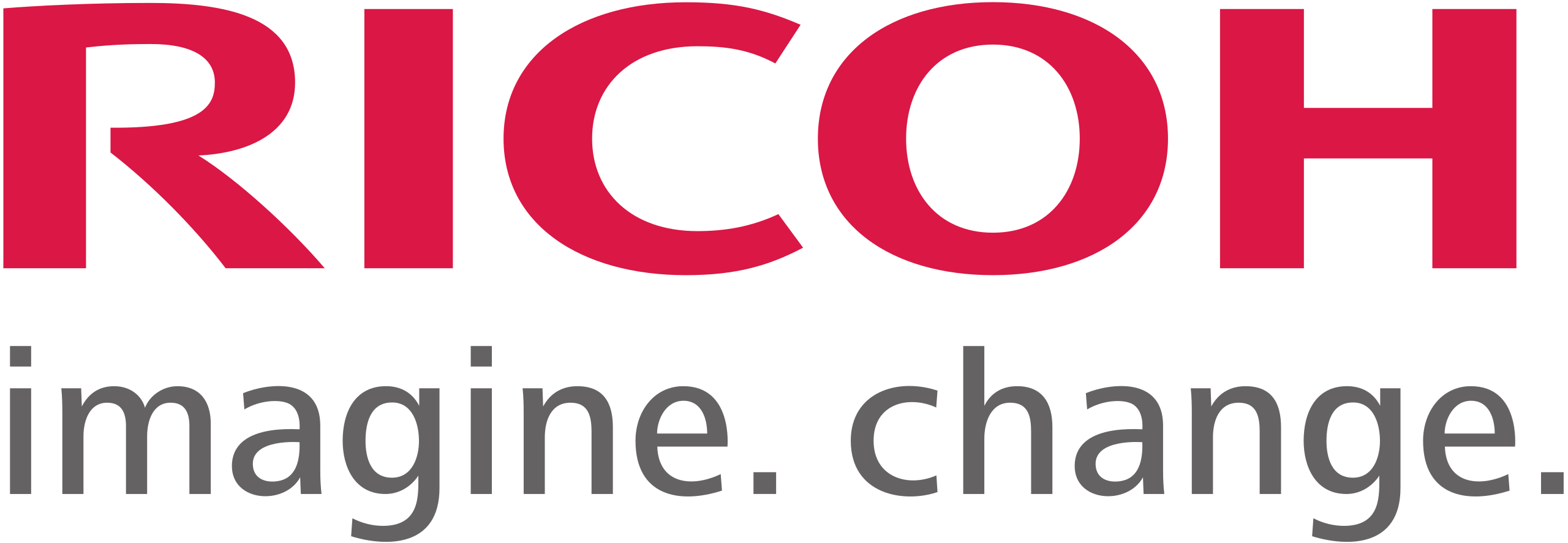6 min read
Document Management and Business Continuity: Building Resilience in Your Operations
By:
Standley Systems Staff
on
May 29, 2024
Updated: July 30, 2024

All businesses need resources in place for business continuity in the event of a disaster, whether natural or man-made. While large businesses usually have departments in place to take care of business continuity planning, small- and medium-sized businesses (SMBs) often feel they don’t have the time or money to plan for such what-ifs.
The reality is that small- and medium-sized businesses need business continuity planning the most since they likely don’t have the redundancies built into their systems that large enterprises do. Without a solid business continuity plan, one adverse event can shut down an SMB for good. If you have a solid business continuity plan in place, including a document management system, you can continue to serve your customers and protect your market position, even during unexpected adverse events such as a natural disaster or cyberattack.
The Role of Document Management in Business Continuity
Your documents are the foundation of your business. They contain all the valuable, often proprietary, information you need to conduct business. Document management is how you control your documents, including their creation, storage, security, and retrieval.
Effective document management lets you accurately capture information and store it where it’s easily accessible and securely protected throughout its lifecycle. The components of a document management system include:
- Creation: Generating accurate and relevant information
- Storage: Organizing and maintaining documents in a structured manner
- Security: Protecting sensitive data from unauthorized access
- Retrieval: Providing quick and efficient access to documents when needed
A cloud-based or off-site document management platform allows you to continue doing business, even in an emergency situation. During natural disasters like floods or fires, businesses with comprehensive document management systems can quickly recover necessary documents because they won’t have been damaged. In case of system failures, a well-managed document system lets you quickly recover data — and possibly avoid expensive ransom demands in the event of ransomware.
Without proper document management, you’re leaving yourself open to critical data loss that can cripple your business operations. System failures without backups can cause extended downtimes and financial losses.
Even during normal times, document management can help improve your business operations. Being able to retrieve any document you need easily will increase your productivity and efficiency.
Risks of Poor Document Management
Taking a laissez-faire approach to document management can backfire and end up costing you far more than the price of a secure document management platform. If your documents aren’t stored securely, you can experience data breaches due to unauthorized access or cyberattacks.
You can also run into compliance issues related to data protection. Data protection regulations, which first became a serious issue when the EU passed the General Data Protection Regulation (GDPR), have become increasingly stringent. You can face hefty fines and legal penalties if your document management processes aren’t up to par. On top of the financial losses, you can also lose your customers’ trust since consumers are becoming more aware of the need to protect their sensitive data.
In 2017, Equifax suffered a massive data breach due to poor document management and security practices. They exposed the personal information of 147 million people. Overall, this data breach cost Equifax over $1.7 billion and severely damaged its reputation.
Key Strategies for Enhancing Document Management
With all of the benefits of having a document management strategy, as well as the risks of not having one, every SMB should have a system in place. Although starting a document management system from scratch can seem overwhelming, it doesn't have to be if you take a structured approach — and work with qualified experts.
If you haven't already, the first step in any document management plan should be achieving a digital transformation. Transitioning from paper-based to electronic document systems simplifies document creation, storage, and retrieval processes. Cloud solutions offer secure and accessible storage options, so you can access your documents even if your systems or paper files are destroyed.
Regular audits and updates of document management policies help identify gaps and areas for improvement before an emergency strikes. You’ll need to regularly update your policies to adapt to new regulations and technological advancements.
You should train all employees on document security and best practices to get the most out of your document management system. Training programs should cover topics such as data protection and secure document handling, as well as the logistics of your document management system.
Technology Solutions and Tools
Document management software provides comprehensive features for organizing, storing, and retrieving documents. These platforms offer version control, metadata tagging, and advanced search capabilities, so you can easily manage and access large volumes of information.
With cloud services, you can access your documents from anywhere with an internet connection. Your data is backed up in multiple locations, so you don’t have to worry about data loss due to hardware failures or disasters.
Integrating these technologies into your daily business operations will improve your productivity and security. With cloud-based systems, employees can effortlessly collaborate and be sure they’re always working on the latest version of a document.
Advanced security features, such as encryption and access controls, protect sensitive information from prying eyes and malicious actors. Document management platforms with automation features can automatically categorize and route documents, which reduces manual errors and saves time.
The Advantage of Partnering with a Document Management Specialist
If setting up a document management solution sounds complicated — it's because it is. However, you don’t have to do it alone. Document management specialists have expert knowledge and access to the latest technologies. They can help you implement the most efficient and secure document management systems. Their expertise in industry trends and regulatory changes makes them well-equipped to provide SMBs with the most effective systems.
While it may seem expensive to hire an expert consultant, it’s extremely cost-effective compared to hiring an in-house team or facing the consequences of not having a system at all. Specialists offer scalable solutions that fit your budget, providing high-quality services without the hefty upfront costs and resource commitments associated with in-house development.
Outsourcing your document management system setup also allows you to focus on your core business operations without being bogged down by installing and migrating data to a new system. You don’t have to take time and resources away from your critical business activities to set up a system.
For SMBs, effective document management helps maintain business continuity, protects critical data, and promotes operational efficiency. Once you have a system established, regularly evaluate your practices to identify gaps and areas for improvement. By investing in advanced document management systems, SMBs can safeguard their information and build a resilient business.

 800-522-3725
800-522-3725 info@standleys.com
info@standleys.com Support
Support











